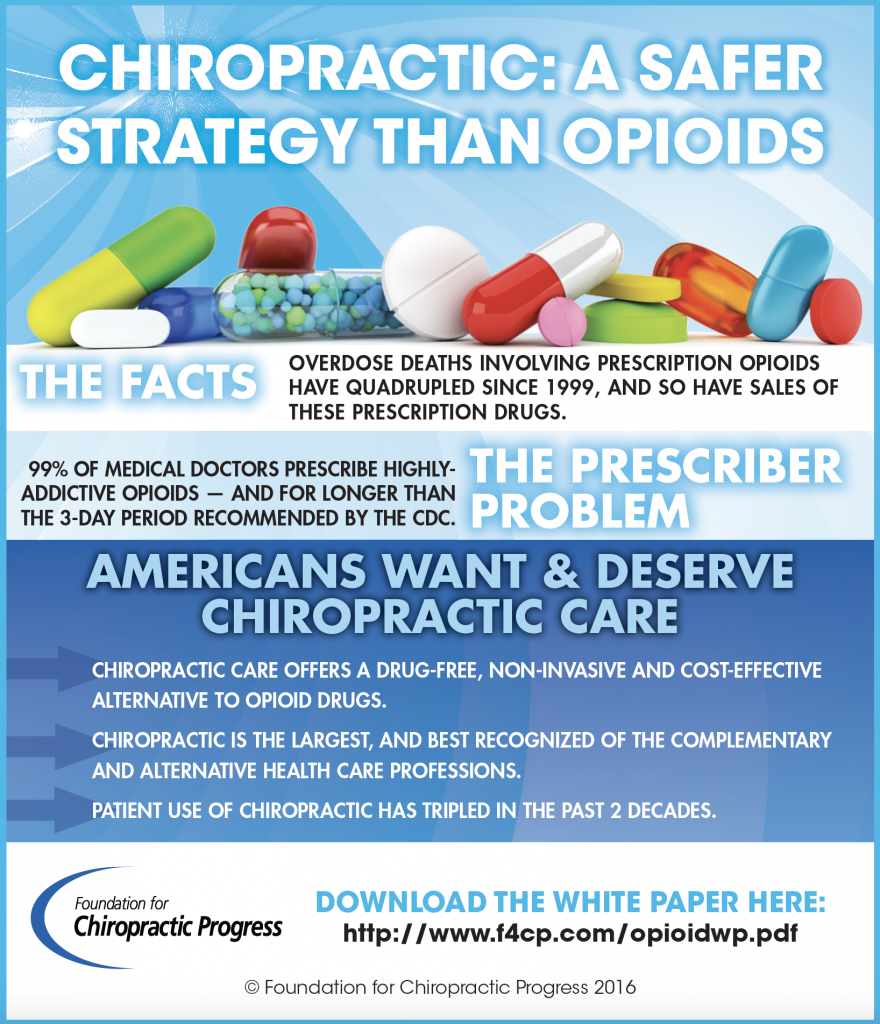The Role Of Nourishment In Pain In The Back Monitoring: Foods To Consume And Avoid
The Role Of Nourishment In Pain In The Back Monitoring: Foods To Consume And Avoid
Blog Article
Personnel Author-Locklear Lykke
When it pertains to managing your pain in the back, the food selections you make can dramatically impact how you really feel every day. Envision having the ability to ease your discomfort merely by adjusting what you consume. By comprehending the role of nourishment in back pain monitoring and recognizing which foods to include or steer clear of, you can take proactive actions towards a much healthier and more comfortable way of living. The link in between nutrition and back health and wellness is a lot more extensive than you may understand-- let's explore just how particular foods can either relieve or worsen your back pain.
Significance of Nutrition in Back Pain
Nourishment plays a crucial role in taking care of neck and back pain. Your diet plan can dramatically influence swelling degrees and overall pain levels in your back. Eating a balanced diet regimen abundant in nutrients like vitamins D and K, calcium, magnesium, and omega-3 fats can help reduce swelling and enhance bones, which are essential for back health.
Additionally, maintaining serviced offices kips bay via correct nourishment can ease stress on your back, minimizing the threat of pain in the back.
In addition, particular nutrients like antioxidants discovered in vegetables and fruits can assist fight oxidative tension and advertise recovery in the body, including the back muscle mass and back.
On the other hand, consuming extreme amounts of refined foods, sugary beverages, and harmful fats can add to swelling and weight gain, worsening back pain.
Foods to Eat for Back Health
To support a healthy back, including nutrient-rich foods right into your daily meals is vital. Consisting of foods high in antioxidants like berries, spinach, and kale can help in reducing inflammation in your back, reducing pain and pain. Omega-3 fats discovered in fatty fish such as salmon and mackerel have anti-inflammatory residential or commercial properties that can benefit your back health.
Additionally, eating nuts and seeds like almonds, walnuts, and chia seeds gives essential nutrients like magnesium and vitamin E, which sustain muscular tissue feature and reduce oxidative tension. Integrating lean healthy proteins such as chicken, turkey, and tofu can assist in muscle mass repair work and upkeep, promoting a solid back.
Don't fail to remember to include dairy or fortified plant-based options for calcium to support bone health. Lastly, moisturize with a lot of water to keep your spinal discs hydrated and functioning optimally. By consisting of these nutrient-dense foods in your diet plan, you can nourish your back and support total spine health and wellness.
Foods to Stay Clear Of for Pain In The Back
Go with staying clear of processed foods high in sugarcoated and trans fats when looking for relief from back pain. These types of foods can contribute to swelling in the body, which may exacerbate neck and back pain. Say no to sweet snacks sweet, breads, and sweet drinks, in addition to convenience food items like hamburgers, fries, and fried chicken that are frequently filled with trans fats.
In addition, avoid foods having high degrees of refined carbs, such as white bread, pasta, and pastries, as they can spike blood sugar levels and possibly get worse inflammation in the body.
It's likewise important to restrict your intake of foods high in hydrogenated fats, like red meat and full-fat dairy items, as they can contribute to inflammation. Processed https://www.ajc.com/entertainment/dining/hunting-for-boston-butt-the-holy-land/tcocH9Gr2HYyFDyBYu9mLO/ like deli meats, chips, and packaged snacks are often high in hydrogenated fats and ought to be eaten in moderation.
Final thought
To conclude, focusing on your diet regimen and making wise food options can have a substantial impact on handling back pain. By integrating nutrient-rich foods like berries, fatty fish, nuts, and lean healthy proteins, and staying clear of processed and sugary items, you can help reduce inflammation and support overall back health. Remember, what you eat plays a critical role in just how you really feel, so ensure to prioritize your nutrition for a much healthier back.
